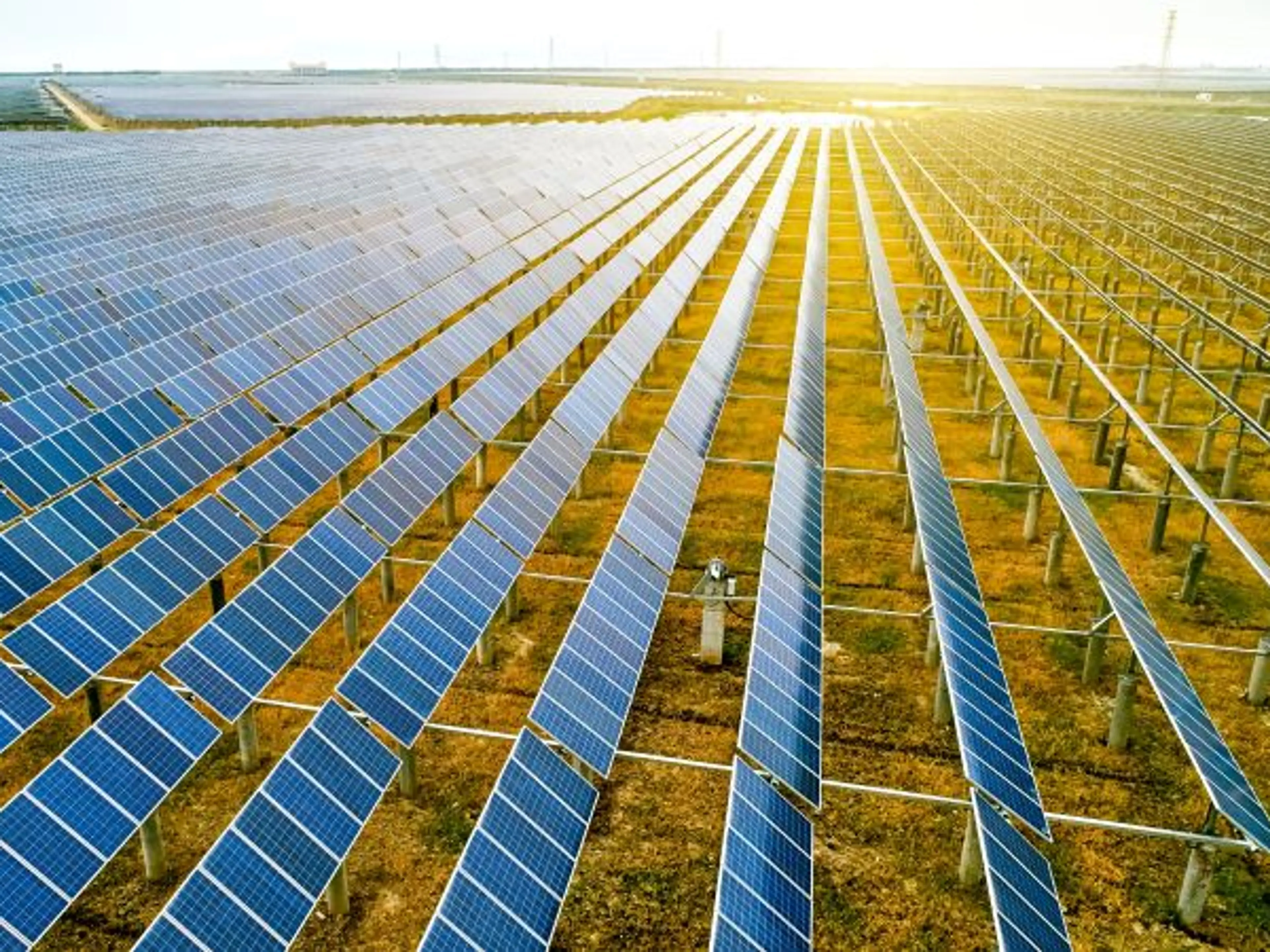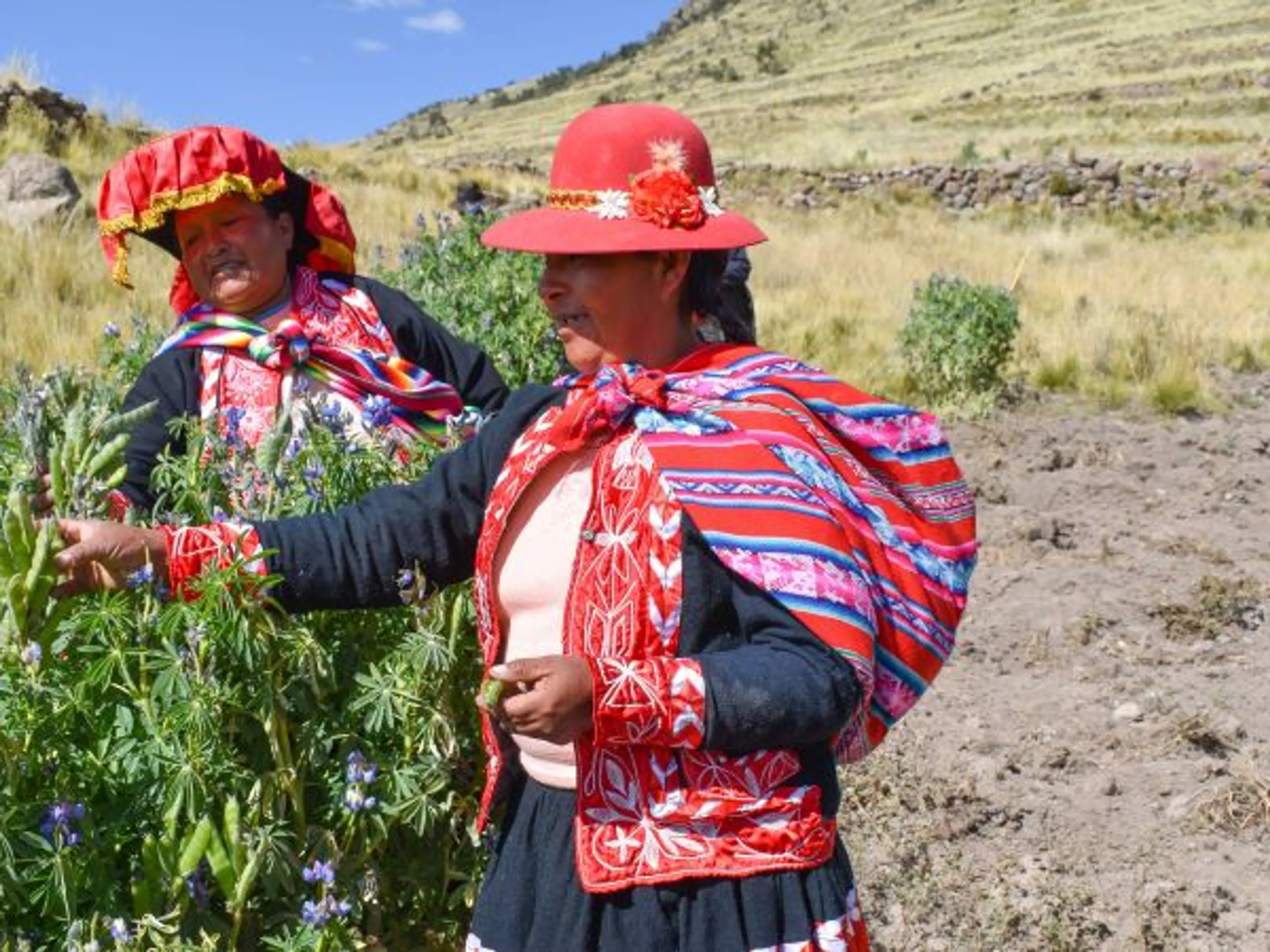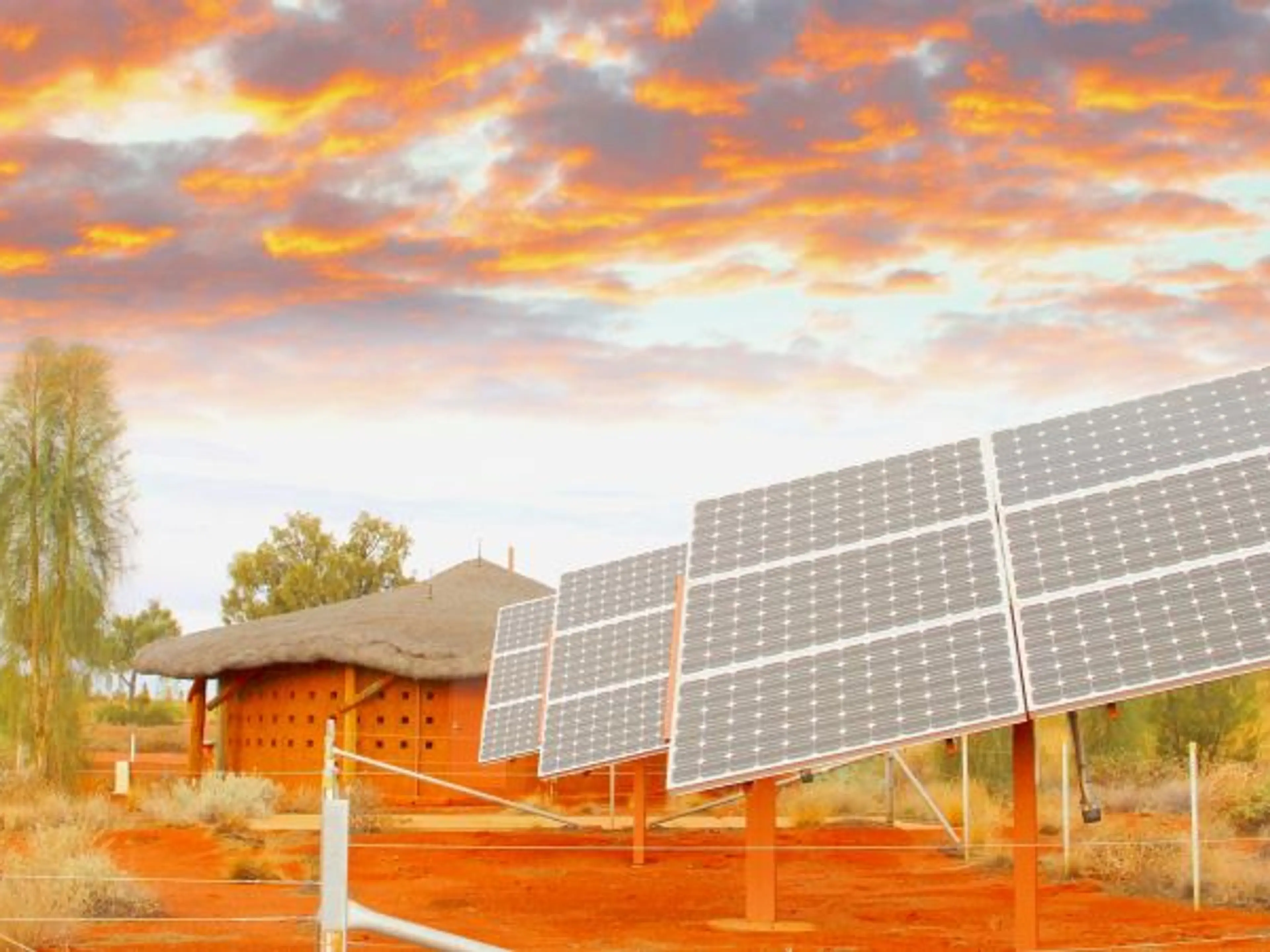
Solar panels in rural Asia. Photo credit: Shutterstock
CDC Group (CDC) - previously the Commonwealth Development Corporation - is a development finance institution (DFI) wholly owned by the UK government. CDC is one of the most important channels for UK aid. It is therefore critical to understand whether and how its investments are helping the UK meet its interlinked commitments on climate change, including aligning public finance with delivering low carbon, climate resilient development, and the Sustainable Development Goals (SDGs).
CDC recently introduced a new Climate Change Strategy with the aim of aligning its investment portfolio with the 1.5°C temperature limit for global warming but new research into CDC’s energy investments overseas carried out by the British Overseas NGOs for Development (BOND) for CAFOD shows that CDC is investing hundreds of millions of pounds in fossil fuels overseas. This undermines CDC’s new Climate Change Strategy.
Urgent reform of CDC’s energy portfolio is needed to align it with the UK government’s pledge to align public finance with climate-resilient development and support a just, green recovery from Covid-19 globally.
Key findings
CDC Group (CDC) does not report consolidated information on its energy-related investments. Information gaps, particularly related to its investments via managed funds and financial institutions, and inaccuracies in disclosed information, are a barrier to transparency.
The current asset value of CDC's total energy portfolio is estimated at $1.64 billion (£1.24bn), evenly split between fossil fuels ($835 or £632 million, or 51 per cent), and renewables ($806 or £610m, or 49 per cent).
Fossil fuels accounted for 85 per cent of the total electricity generated and distributed through CDC investments in 2019.
Between 2014 and 2019, CDC committed $1.7bn (£1.28bn) directly to energy-related companies and projects, of which $1.1bn (£833m) had been invested as of 2019. Of these commitments, over 40 per cent ($744m, or £563m) were for fossil fuels. Fossil fuels represented over half ($591m, or £448m) of investments made.
The largest channel for direct energy investment is Globeleq, a company majority-owned by CDC. Globeleq represented almost half of CDC’s total commitments to fossil fuel power generation (over $360m or £276m). Seventy-three per cent of Globeleq's electricity-generation capacity is currently fossil fuel-based.
Less than five per cent of CDC's direct energy investments were in decentralised renewable energy, the least-cost solution for providing most people living in poverty with basic access to electricity.
CDC has made energy investments through managed funds (intermediated investments) of at least $403m (£305m) as of 2019. Of this, about one-third ($146m or £111m) went to fossil fuels, and about two-thirds to renewables ($257m or £194m).
CDC support for fossil fuels is likely to be larger due to additional support to fossil fuel use through managed fund investments, and CDC’s investments in financial institutions which finance fossil fuel-related activities.
Policy and research
CAFOD's policy team provides briefings, reports and research on our advocacy and lobbying work, plus materials to support our campaigns.
UK support for energy overseas
Our latest research using an updated methodology analyses UK support for energy overseas in the period 2010–11 to 2017–18.


